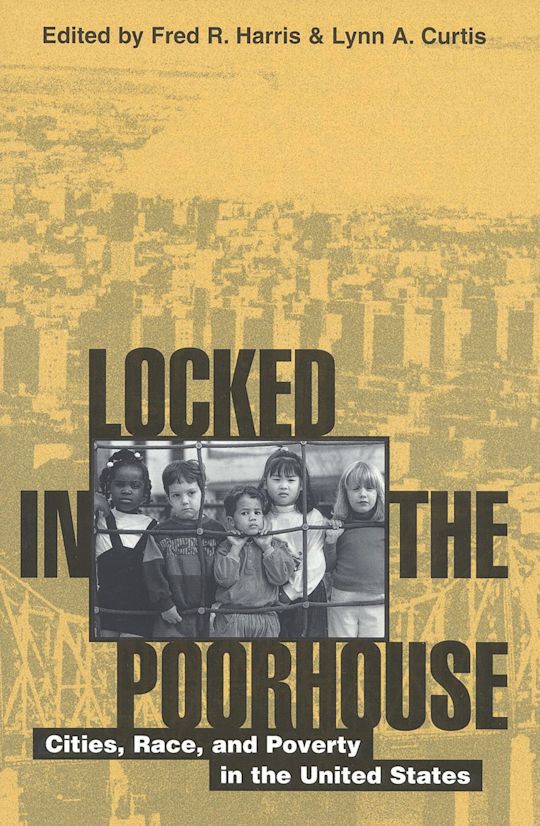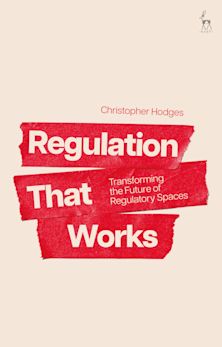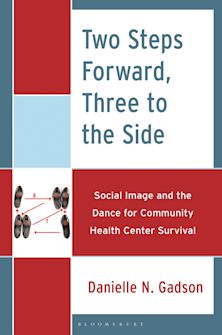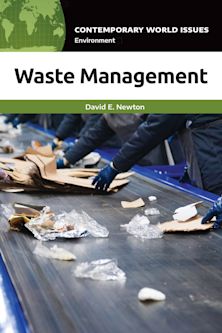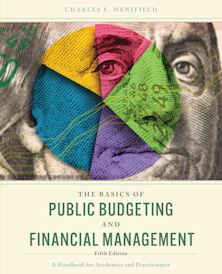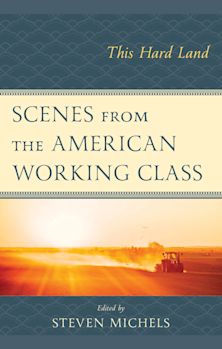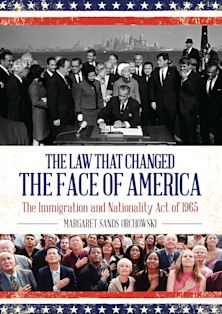- Home
- ACADEMIC
- Politics & International Relations
- Public Management, Administration and Policy
- Locked in the Poorhouse
Locked in the Poorhouse
Cities, Race, and Poverty in the United States
Fred R. Harris (Anthology Editor) , Lynn A. Curtis (Anthology Editor) , Jeanne Brooks-Gunn (Contributor) , Elliott Currie (Contributor) , Greg J. Duncan (Contributor) , Paul A. Jargowsky (Contributor) , Molly Martin (Contributor) , James M. Quane (Contributor) , Bruce H. Rankin (Contributor) , Gary Sandefur (Contributor) , William L. Taylor (Contributor) , Thomas Wells (Contributor) , William Julius Wilson (Contributor)
- Textbook
Locked in the Poorhouse
Cities, Race, and Poverty in the United States
Fred R. Harris (Anthology Editor) , Lynn A. Curtis (Anthology Editor) , Jeanne Brooks-Gunn (Contributor) , Elliott Currie (Contributor) , Greg J. Duncan (Contributor) , Paul A. Jargowsky (Contributor) , Molly Martin (Contributor) , James M. Quane (Contributor) , Bruce H. Rankin (Contributor) , Gary Sandefur (Contributor) , William L. Taylor (Contributor) , Thomas Wells (Contributor) , William Julius Wilson (Contributor)
- Textbook
Buy from Bloomsbury eTextBooks
You are now leaving the Bloomsbury Publishing website. Your eBook purchase will be with our partner https://www.vitalsource.com.
Your credit card statement will show this purchase originating from VitalSource Technologies. They will also provide any technical assistance you might require.
You must sign in to add this item to your wishlist. Please sign in or create an account
Description
Thirty years ago we had riots in the city streets. Then-President Johnson convened the Kerner Commission to examine the reasons why, and it concluded that the U.S. was "moving towards two societies, one black, one white, separate and unequal." Today, the city streets are populated more variously and suffering more quietly, but more people in U.S. cities are poorer now than ever before. As this book shows, U.S. cities are becoming poorhouses for blacks and Hispanics, and city life incubates hopelessness borne of un- and underemployment, criminal victimization, and racial discrimination, especially against nonwhite males.
In an update of the original Kerner Commission report, the high profile authors represented here say they know what works and what doesn't in solving the problems of minorities in the city. To close what has been called "the millennium breach" between and among the races, we as a society must re-commit ourselves to basic principles and public and private programs geared toward more and better jobs, employment training, early childhood education and quality care, inner city economic development, and crime and drug prevention, among other priorities so essential to improving the quality of life for all in American cities.
Table of Contents
Chapter 2 The Kerner Report Thirty Years Later
Chapter 3 Urban Poverty, Welfare Reform, and Child Development
Chapter 4 Poverty as a Public Health Issue: Since the Kerner Report of 1968
Chapter 5 The New Urban Poverty: Consequences of the Economic and Social Decline of Inner-City Neighborhoods
Chapter 6 Urban Poverty, Race, and the Inner City: The Bitter Fruit of Thirty Years of Neglect
Chapter 7 Race, Violence, and Justice since Kerner
Chapter 8 Racism and the Poor: Integration and Affirmative Action as Mobility Strategies
Chapter 9 Policy for the New Millennium
Chapter 10 Conclusion
Chapter 11 Notes and Sources
Chapter 12 Index
Product details
| Published | 05 Jul 2000 |
|---|---|
| Format | Ebook (Epub & Mobi) |
| Edition | 1st |
| Extent | 200 |
| ISBN | 9781461710981 |
| Imprint | Rowman & Littlefield Publishers |
| Publisher | Bloomsbury Publishing |
About the contributors
Reviews
-
In the aftermath of urban disorders in scores of U.S. cities between 1965 and 1967, President Johnson convened the National Advisory Commission on Civil Disorders, commonly known as the Kerner Commission. . . . Locked in the Poorhouse is an assessment of what has happened in the ensuing three decades. Contributors, many of them well-known and respected scholars, show that the conditions that gave rise to the riots of the 1960s have grown worse. . . . Several of the contributors point to the indifference and inaction of the federal government in furthering these destructive trends. The final chapter by Lynn A. Curtis contains a series of intelligent recommendations on how to reverse course, along with a discussion of obstacles that must be overcome and how to fund the programs and policies he recommends.
Choice Reviews
-
Provides both a good history leading to the Kerner Commission and a good review of what has transpired in the intervening years.
Patricia W. Ivry, Families In Society:S Journal Of Contemporary Social Sciences
-
This well-researched collection of essays is recommended for university courses concerned with race, poverty, and urban problems.
John W. Critzer, Southern Connecticut State University, Ethnic and Racial Studies
-
A compilation of essays by noted experts.
America @ Work
-
Locked in the Poorhouse is an impressive and scholarly collection of writings and essays examining American cultural and economic conditions which have given rise to incidents of urban social unrest in the past. This book is very highly recommended and thoughtful reading for students of Urban Studies, Black Studies, and the study of American race relations as impacted by the 1968 Kerner Commission report.
Midwest Book Review
-
Fred Harris and Lynn Curtis have done us a great service by compelling us again to look unflinchingly into the heart of the American dilemma. This book is strong, pragmatic, eloquent, courageous, and unfashionably persistent in pursuing answers to the unresolved agenda of our incomplete and deeply compromised democracy. Enormously important.
Jonathan Kozol, National Book Award winner and author of "Savage Inequalities" and "Death at an Early Age"









